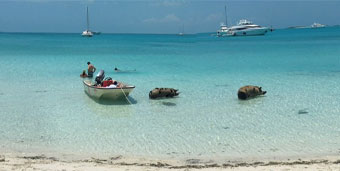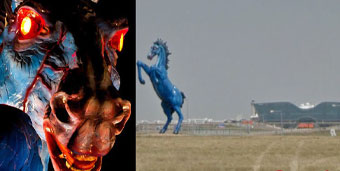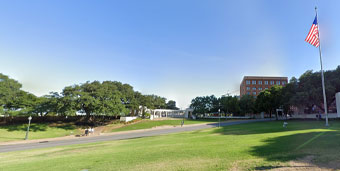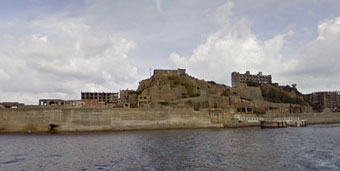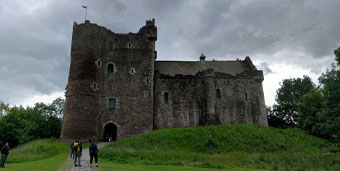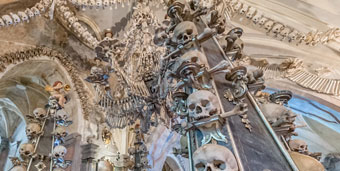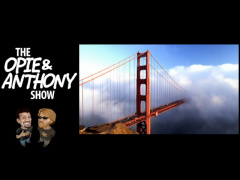Titanic museum at the Nova Scotia maritime Museum with real washed-up titanic relics 360-s vr locations
Link Location Gps ← Find Best directions
Gps Coordinates / 44.6476741,-63.5710509
Titanic Museum VR Maritime Atlantic Nova Scotia
1675 Lower Water St, Halifax, NS B3J 1S3, Canada
The Maritime Museum of the Atlantic is the oldest and largest Maritime Museum in Canada. The original concept of the Museum can be credited to a group of Royal Canadian Navy officers who envisioned a maritime museum where relics of Canada’s naval past could be conserved. Starting with a small space at the Halifax Dockyard in 1948, the museum then moved to quarters in the Halifax Citadel in 1952, and became the Maritime Museum of Canada in 1957.
Gps Coordinates / 44.6476125,-63.5713642
Signage on front says below
Titanic left Southampton on April 10, 1912 stopping briefly in France and Ireland, to pick up passengers at Cherbourg and Queenstown (now Cobh). She was due in New York on April 17.
Link Gps Location Gps / Link Gps -63.5707152 / Link Gps -63.5707152 / Link Gps -63.5708249
Gps Coordinates / 44.647466,-63.5707152 / 44.647466,-63.5707152 / 44.6476085,-63.5708249
Post information at one of the entrances displays below
In times past, building a small boat using wood and simple tools was widespread and often an essential skill. Today such skills are hard to find. Through its boat building program, the museum works with the community to keep alive traditional maritime skills and traditions. Recent projects include small boat workshops and replicas of the Port Medway boat in the museum's collection. More exciting projects lie ahead. All projects provide opportunities for public involvement and participation
Link Gps Location Gps / Link Gps -63.5711215 / Link Gps -63.5713742 / Link Gps -63.5710343
Gps Coordinates / 44.6476781,-63.5711215 / 44.6477733,-63.5713742 / 44.6477706,-63.5710343
As Global trade rose rapidly after the end of the Cold War in the 1990s, so did piracy. Today, hundreds of ships are attacked with dozens of crew injured, taken hostage, or killed every year. Every week, pirates attack yachts and fishing boats, large cargo ships, and sometimes cruise ships.
Attacks occur in all the world's oceans but the most dangerous waters are off the East and West coasts of Africa, Indonesia, and parts of South America. In these places, the reasons for piracy are the same as they were in 1700s. Combine rich trade routes with property, corrupt governments, and weak navies and you can expect pirates.
Piracy in Nova Scotia today is very rare, limited to the brief theft of a small fishing boat or yacht. However, fishermen still remember the police chases of 1967 when three large trawlers were stolen from along Nova Scotia's South Shore!
Link Gps Location Gps / Link Gps -63.5710957 / Link Gps -63.5710839 / Link Gps -63.571063
Gps Coordinates / 44.6475805,-63.5710957 / 44.6475585,-63.5710839 / 44.6475439,-63.571063
Surprisingly there are no historical records of pirates keeping parrots. Our image of pirates and parrots comes from Robert Louis Stevenson's novel Treasure Island. This 1883 book did more than any other source to create our image of pirates. The author invented a memorable pirate named Long John Silver who carried a 10 year old parrot named Cap'nFlint. The parrot continuously squawks colourful pirate phrases like "pieces of eight!"
While there is no evidence pirates kept parrots, many merchant and naval sailors in the 18th century did have parrots, many merchant and naval sailors in the 18th century did have parrots, especially those returning from voyages to South America. Many sailors continued to keep exotic pets like parrots and monkeys into the 20th century. Stevenson's transfer of this sailor's pet to the world of pirates made more prominent in the many film and television versions of Treasure Island.
Link Gps Location Gps / Link Gps -63.5710032 / Link Gps -63.5709115 / Link Gps -63.5708799 / Link Gps -63.5710505
Gps Coordinates / 44.6475441,-63.5710032 / 44.6475187,-63.5709115 / 44.6475942,-63.5708799 / 44.6475997,-63.5710505
Halifax vs. Louisbourgs the Final Battle
This period engraving shows the navy fleet from Halifax attacking its Louisbourg rival in 1758. In the background is the armada of 180 ships which sailed from Halifax to lay siege to the French fortress. The smaller French fleet can be seen trapped in the harbour. British soldiers and sailors have encircled the fortress and are bombarding Louisbourg, leading to uts final surrender on July 17, 1758
THE PEOPLE OF NOVA SCOTIA lived with almost continual warfare for 200 years as France and Britain fought to control North America using Nova Scotia as a base.
The British founded Halifax in 1749 to counter the French fortified naval base at Louisbourg. Squadron of ships sailing from Halifax would defeat their French rivals in the seven years War and confront and contain the emerging American empire to the south. While it has changed beyond all recognition, the Halifax DockYard continues to support the Canadian Navy today.
Gps Coordinates / 44.6476337,-63.571078
The Museum is a valuable historical, cultural and educational institution. It is the largest site in Nova Scotia that collects and interprets various elements of Nova Scotia’s marine history. Visitors are introduced to the age of steamships, local small craft, the Royal Canadian and Merchant Navies, World War II convoys and The Battle of the Atlantic, the Halifax Explosion of 1917, and Nova Scotia’s role in the aftermath of the Titanic disaster.
The Museum has received a variety of significant awards including Attractions Canada 1999 National Award Winner for Best Indoor Site, an Honourable Mention from the Canadian Museums Association for the exhibit Titanic: The Unsinkable Ship and Halifax, and the Tourism Industry Association of Nova Scotia’s (TIANS) 1998 Attractions Award.
